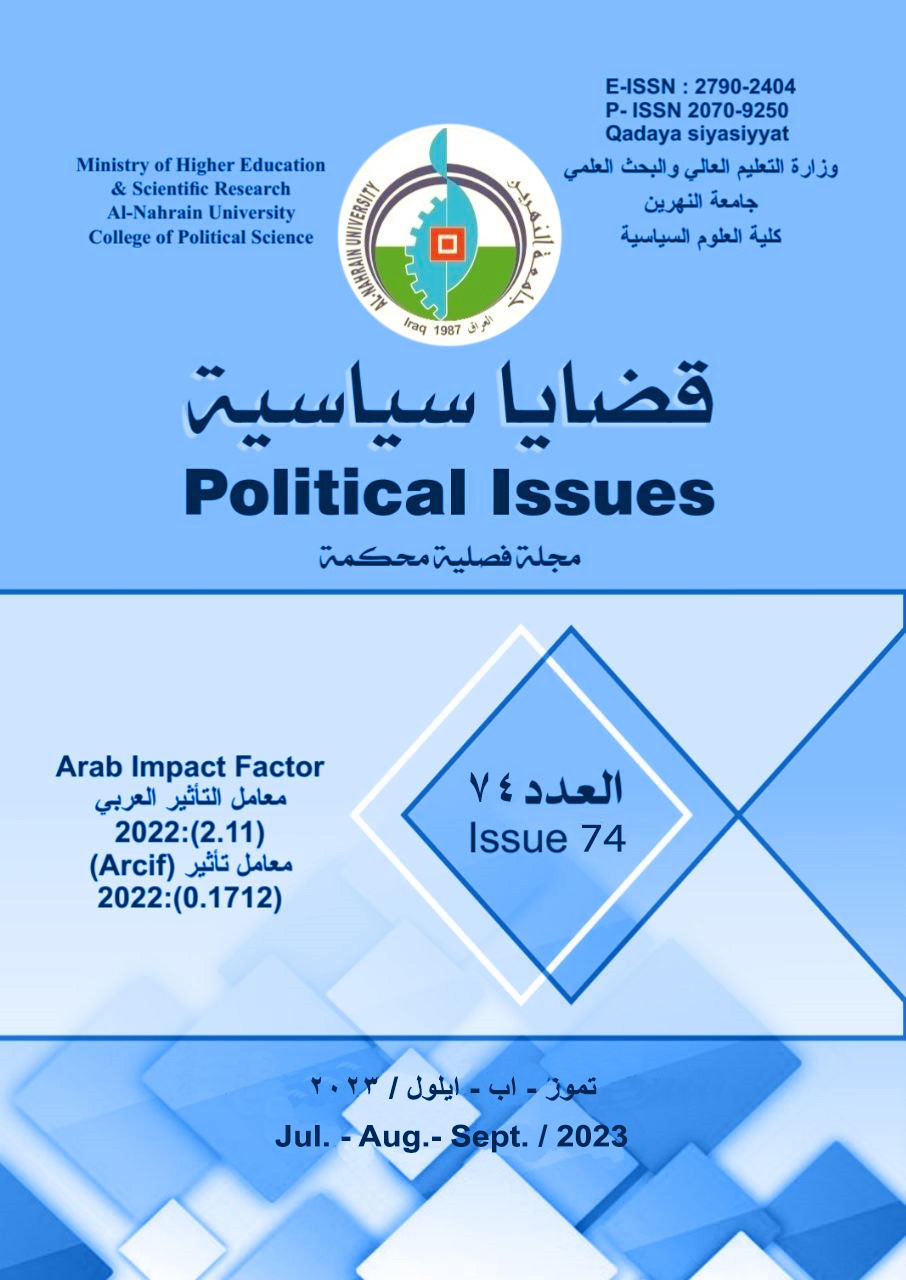The intellectual conflict between the ruling parties and the Muslim Brotherhood and its impact on the failure of the transition towards Western democracy: (select models).
DOI:
https://doi.org/10.58298/742023377Keywords:
Intellecal transformation, democracy, Muslim Brotherhood, the armyAbstract
History taught us that the intellectual transformation of political systems is often through direct revolutionary change. However, we have witnessed during the recent decades a change that begins in the form of a revolution or a protest, but it does not involve a direct change in the regime. This is due to many reasons, including a defect in the curriculum and the ability of those in charge of the revolution. The other reason is the current regime's attempt to escape forward by trying to involve as many opponents as possible in the political process. And in the conclusion we reached by looking at some experiments, this escape had negative results because the owners of this experience did not have a true reading of these forces. Also, due to their ignorance of the true position of the people towards them, they relied on the position of the people while they were in a state of persecution and brokenness, not realizing that if they were given the opportunity, they would choose others, even if they were worse than them, thus causing a shock to the victorious powers by their inability to lead, and another.
Additional Files
Published
Issue
Section
License
Copyright (c) 2023 Hasan Hadi Rasheed

This work is licensed under a Creative Commons Attribution 4.0 International License.
This is an Open Access article distributed under the terms of the creative commons attribution (CC BY) 4.0 international license which permits unrestricted use, distribution, and reproduction in any medium or format, and to alter, transform, or build upon the material, including for commercial use, providing the original author is credited.






